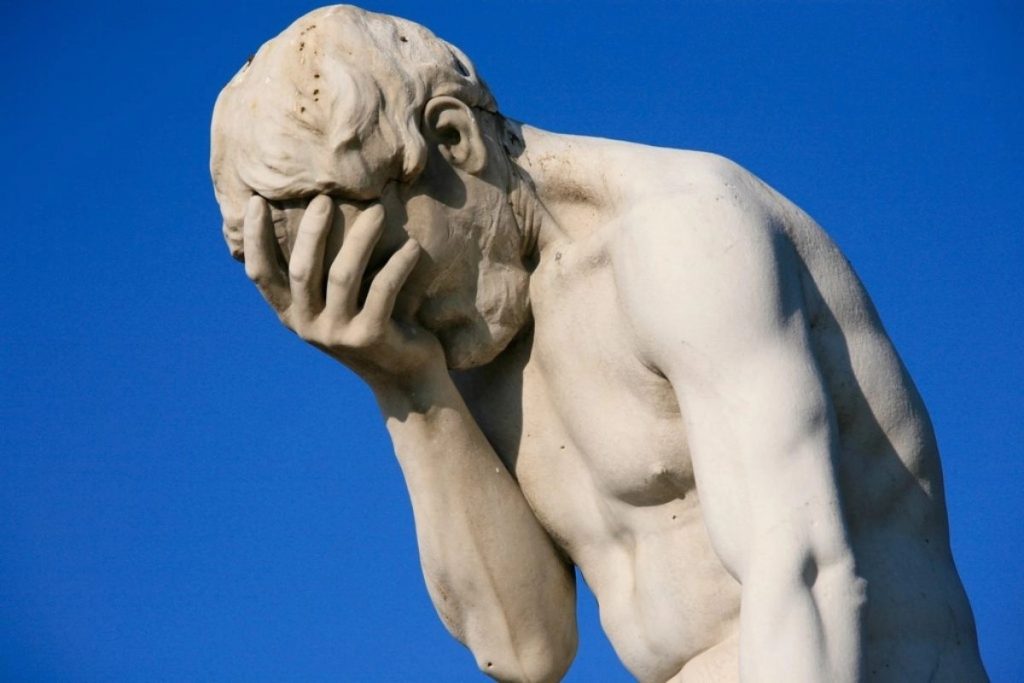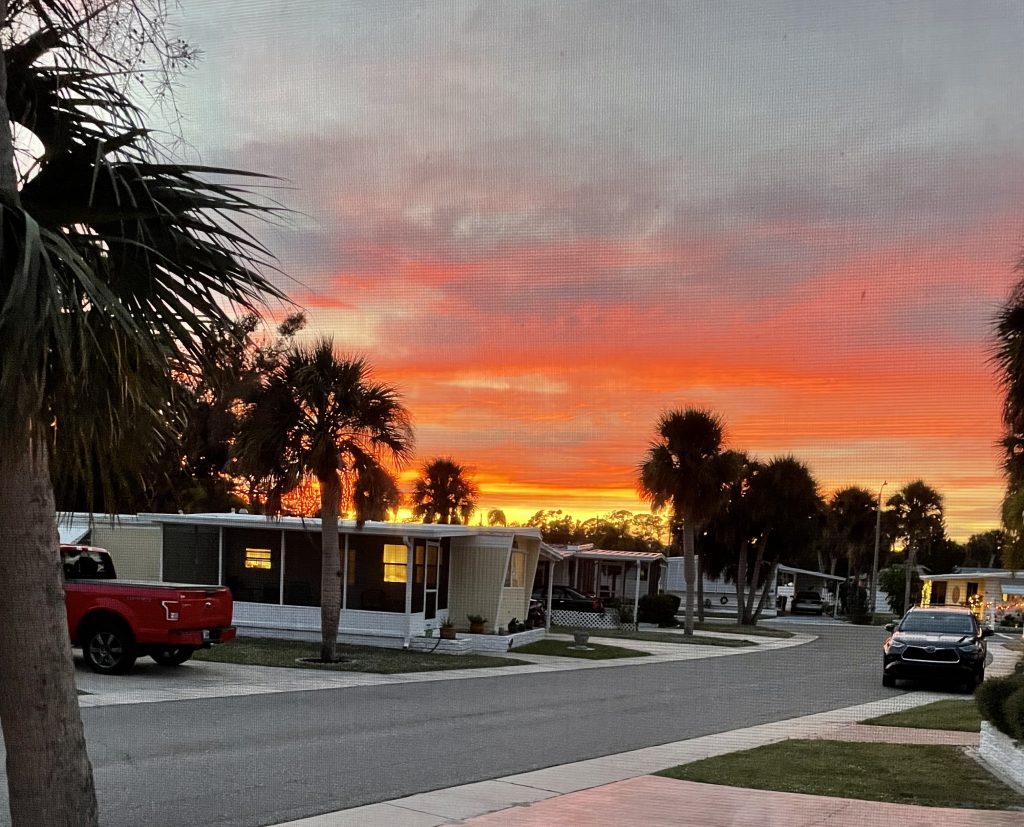
Most of us think we are our thinking, yet almost all thinking is compulsive, repetitive, and habitual. Rohr
Sunday Morning
Answer me quickly, Lord; my spirit fails
Do not hide your face from me
or I will be like those who go down to the pit.
Let the morning bring me word of your unfailing love,
for I have put my trust in you.
Show me the way I should go,
for to you I entrust my life.
Rescue me from my enemies, Lord,
for I hide myself in you.
Teach me to do your will,
for you are my God;
may your good Spirit lead me on level ground.
Psalm 143:7-10 NIV
Mental assent means intellectually accepting the Word of God as true – admiring it and agreeing with it-but not allowing it to have an impact on you, so that it doesn’t do any good in your life. In essence, mental assent agrees with God but does not believe in God.
Cherokee Parable
A grandfather is talking with his grandson. The grandfather says, “In life, there are two wolves inside of us which are always at battle. One is a good wolf which represents things like kindness, bravery, and love. The other is a bad wolf which represents things like greed, hatred, and fear.”
The grandson stops and thinks about it for a second then he looks up at his grandfather and says, “Grandfather, which one wins?”
The grandfather replies, “The one you feed.”
Kareem Abdul Jabbar
Lying
It is impossible for someone to lie unless he thinks he knows the truth. Producing bullshit requires no such conviction.
Frankfurt
Immigrants
“Our nation is a nation of immigrants. More than any other country, our strength comes from our own immigrant heritage and our capacity to welcome those from other lands.”
Ronald Regan
Lament
Opening ourselves to God when we’re in need says that we trust God and want God to accompany us, support us, and befriend us in every way.
We trust those we love most with our deepest fears, doubts, emptiness, and disillusionment. So we love God when we share those vulnerable aspects of our lives with God. Just as a little child in the middle of a temper tantrum can shout “I hate you, Mommy!” only because he knows his outburst will not end their relationship, we can express to God our deep doubts, anger, or frustrations only because we possess an even deeper trust in God’s love…. The fact that we share this pain with God rather than withhold it turns out to be an expression of love.
Brian McLaren
Eros
Modern usage has corrupted the meaning of “erotic” to only mean sexual desire – but it is a profound word, without substitute in the language of the Church.
By eros we mean the love that makes us forget ourselves entirely and run towards the other without any regard for ourselves. Allan Bloom described eros as “love’s mad self-forgetting.” (from Road to Emmaus, Vol. XV, No. 2, Spring, 2014).
Personal Impressions
…personal impressions are highly selective. I can only see the world out of my own eyes, but my view is bounded and limited by my experiences. My view is only the smallest of slices of what is going on in the world.
Richard Beck

Back from Florida
We returned from our annual 3 month snowbird retreat to Venice Florida on March 2. This year’s stay was exceptional in a couple of ways. The weather was most unusual as compared to previous visits. Temperatures over all were cooler, more wind and rain. It was not constant, so the warmer days were appreciated. Beach time was limited but Ann managed to get an appropriate tan. Any disappointment with the weather was resolved by looking at the weather in Wilmore.
Beyond the weather, we had wonderful visits, interactions, conversations and meals with friends and neighbors. The greatest attraction for us is community. We were able to experience community similar to our neighborhood in Wilmore. Without that we probably would not continue to spend 1/4 of our year in Florida.
We are committed to return next December…
STILL ON THE JOURNEY